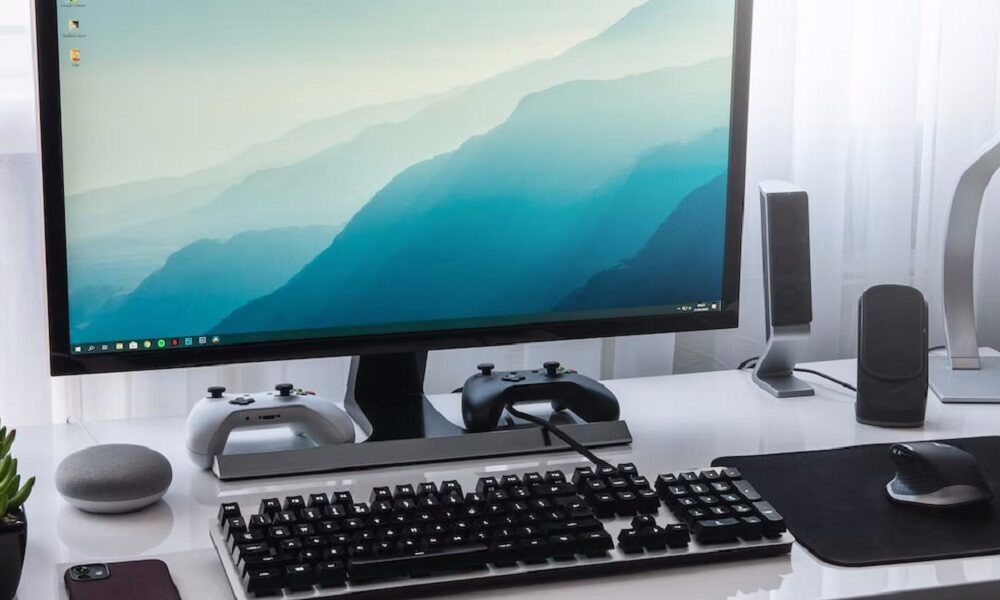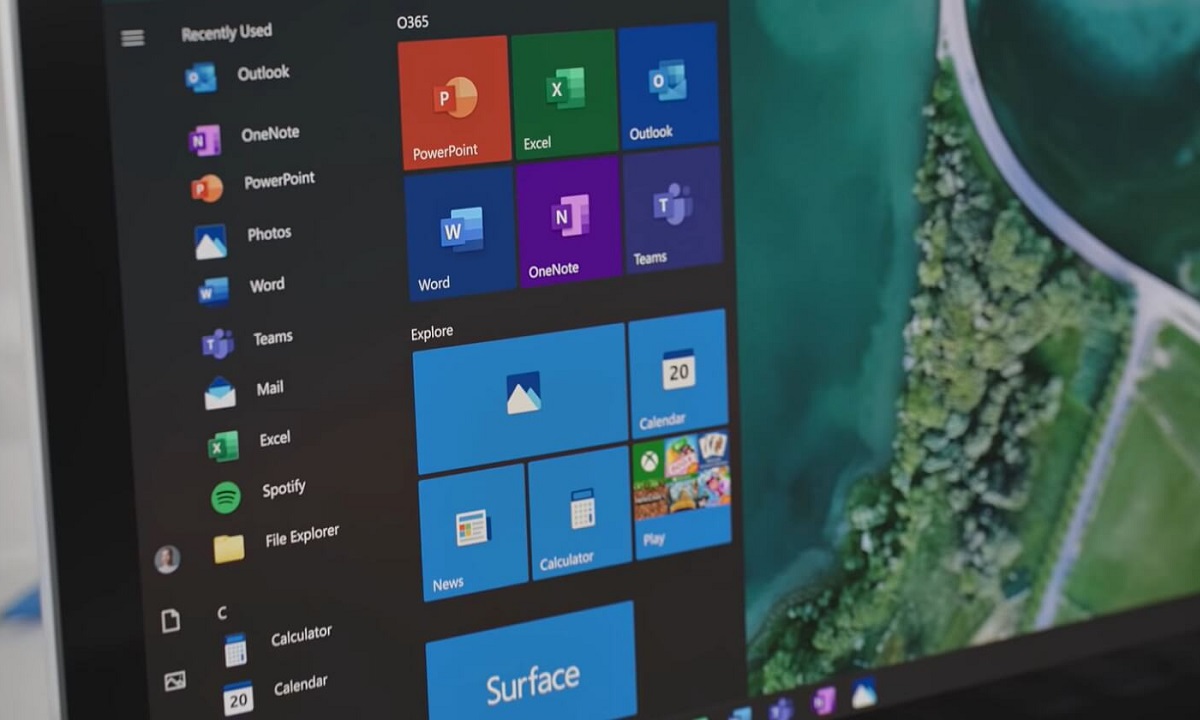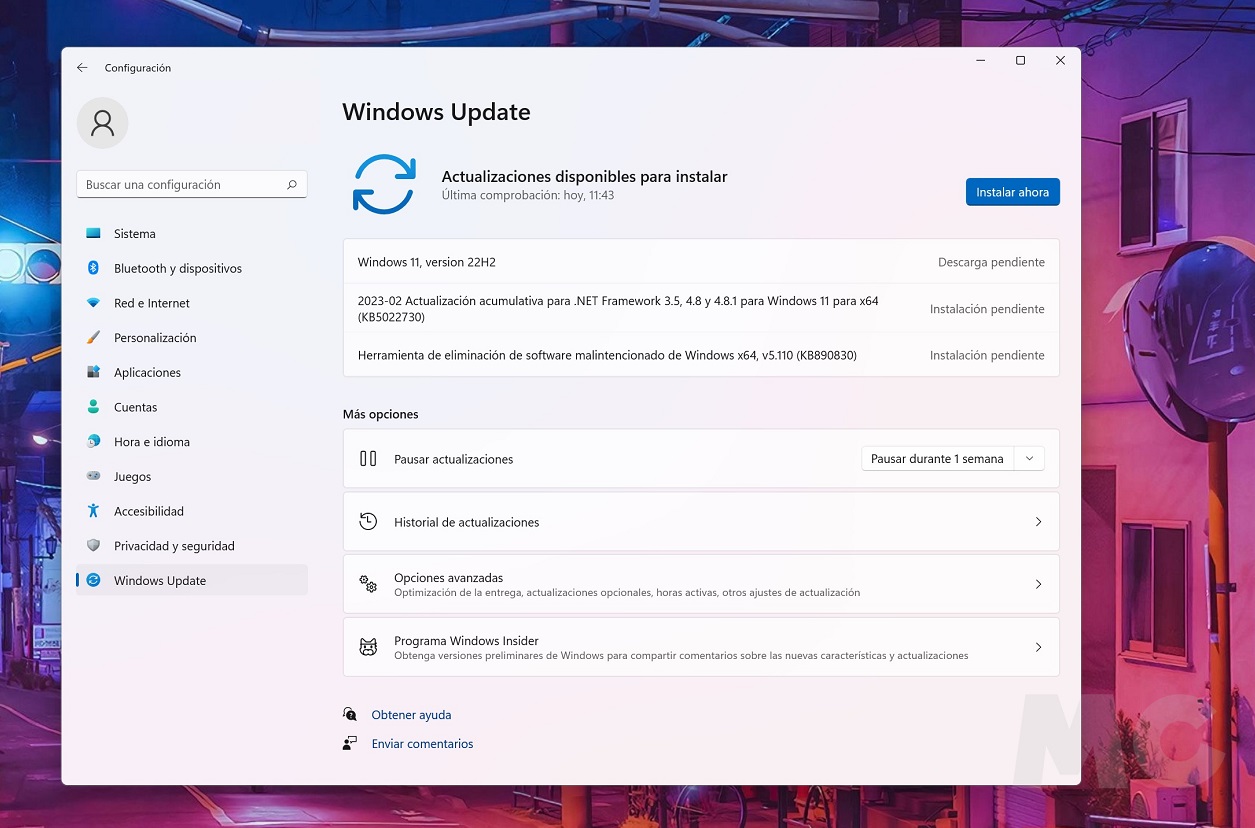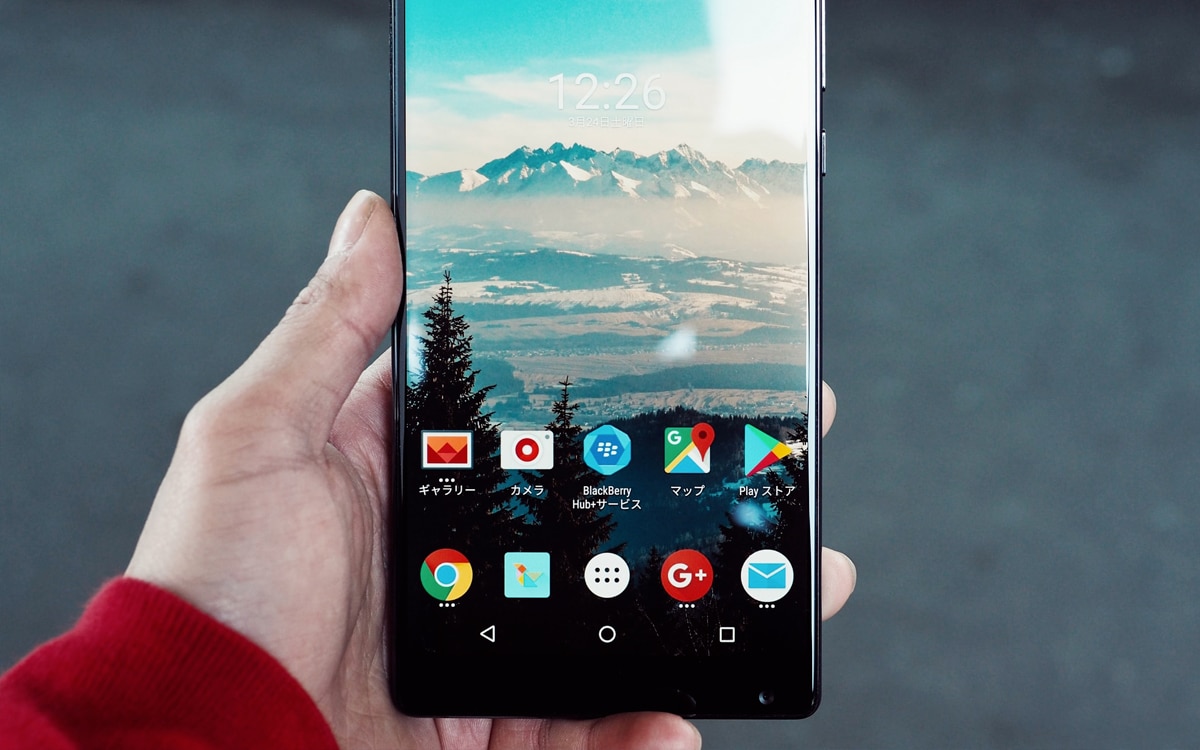
Over time, many users end up noticing that your PC is running slower and slower, a problem that in some cases can become so annoying that they have no choice but to turn to a professional to restore that fluidity that their equipment had when they bought it. I have also come across cases where even newly purchased PCs already show a certain slowness from the beginning, although luckily this is not usual.
The simple use of a PC it may be more than enough to slow it down over time, but there are also a number of other factors that can play a role and can ultimately make a significant difference. To give you an idea, I’ve been using a Windows 10 installation for about five years without any problems.I never noticed the slightest loss of performance, and yet other people around me had problems of this type even in less than a year.
I wanted to give this simple example so that you have one thing clear from the beginning, and that is that A PC doesn’t start to slow down for no reason.and that in most cases the main culprit is usually the user. Yes, I know that nobody likes to admit that they don’t know how to use a PC well, in fact in most cases, when someone has asked me for help, they have denied the obvious even by putting in front of their noses that they had visited websites that he shouldn’t, or that he had done inappropriate things with the team.
Starting from this base, today I want to answer a question that I have been asked on many occasions, and that I think is very interesting and that it can be of great help to you, how to prevent a PC from running slower and slower. Ideally, to meet that goal of keep the PC fresh from the first day, is that you apply all the tips simultaneously that you are going to see below, since if you only put some of them into practice, the final result may not be as good as it should be, and it is possible that it will end up slowing down anyway, although in a less marked way .
Take care of your PC and make proper use of it
This is, in essence, The best way To keep a computer in good condition, there is no more. With the passage of time, failures and problems that are not the user’s fault are likely to arise, and it is normal because each component has a certain useful life, but it is normal that this does not happen Until many, many years from now.
You are surely wondering what we mean by caring for and making proper use of a PC. Each person may have their own way of approaching this issue, but the truth is that it is not a complicated concept. However, it is true that it is something that goes beyond the basic level that most users apply in their day to day.
We can say that under this idea we group a series of keys which are essential to keep a PC in good condition, and to prevent it from slowing down over time. So that they are all clear, and so that they are easy to understand, we are going to see a complete list and we will delve into them. Some of these points will also help you improve the performance of your PC.
Keys that define the care and good use of a PC
- turn it on and off correctly, avoiding direct shutdowns and resets unless these are necessary for specific reasons, such as the equipment being blocked or a stability failure that forces us to reset it. A crash would be one of the best examples we can put at this point.
- Keep it protected against possible voltage spikes, whether they are uploaded or downloaded, because they can affect the performance of the computer and, in the worst case, could end up causing damage to the components and ending the life of our PC. If you live in an area where electrical failures are frequent, I recommend you directly buy a UPS.
- Avoid accessing dubious websites and downloading dangerous content that may represent a risk to our PC, which can usually cause a malware or adware infection. These types of infections can greatly reduce the performance of the PC, and even prevent us from doing certain things.
- Don’t install a huge number of apps or let them consume resources in the background. Even if you are going to use them, keep in mind that these can drain a lot of resources and slow down your computer considerably, so you should ideally maintain a minimum of control over them, and that you do not let them load at startup unless they are extremely useful for you.
- Keep the PC updated, both at the driver and operating system level, but only install software and drivers in their final versions, avoid beta versions, and don’t be the first to install new versions. It is better to wait a reasonable time so that if there are unidentified errors, you are not the first to suffer them.
- Do regular reviews and maintenance of the PC at the software leveleven if it’s at a basic level. This includes updating drivers, applications, and the operating system, as well as performing certain basic tasks, such as optimizing storage drives, performing a comprehensive malware scan, and measuring component operating temperatures. more important.
- Performs physical maintenance of the PCSpecifically, the ideal is to clean dust and dirt internally at least once a year, and change the thermal paste and thermal pads when necessary. Even with a basic cleaning of dust and dirt on fans and other sensitive components, we can notice a significant improvement in temperatures, and changing the thermal paste is essential to guarantee correct operation and maintain the performance of the processor and graphics core.
- Beware of overclocking and applications that promise to improve performanceIn the first case, this can end up worsening performance and even causing stability problems if you rush a lot and get into an inappropriate level for your team. In the second case, many of those applications that promise miracles really do nothing and just show you ads. In other cases, you may end up with a malware or adware infection.
Useful life of a PC: time does not pass in vain, and it is normal
The passage of time is another of the most important factors that can influence the performance of a PC. In this sense, it is completely normal that, with the passage of time, Let’s notice that our team is losing faculties, especially when we change to a more current operating system or when we use new applications. However, this is something that should not happen a few months after buying it, unless we have acquired a configuration that does not fit our real needs.
Normally, in this case, it is that we notice that loss of empowerment in the very long term. For example, when I upgraded to a PC with an Intel Core i5-4690K, 16 GB of RAM and a GeForce GTX 970, I didn’t start to notice anything negative until titles that took better advantage of the potential of PS4 Pro and Xbox One X began to arrive, and my rig was no longer able to run games at full 1080p and maintain a fully stable 60 FPS. This was not my fault, I used the PC properly and kept it in good condition, but in the end it was normal that it was slower and slower in games.
This can also happen when we use other applications that are more demanding, and that require more powerful hardware, or when we upgrade to an operating system that has higher needs than the one we had been using. I give you a recent example that, in the end, I had to solve with a “rollback”. An acquaintance decided to accept Microsoft’s invitation to update his laptop to Windows 11, since it was compatible.
At first glance it seems like a good idea, but the downside is that his laptop only had 4 GB of RAM and mounted an Intel Celeron N4100, a low-power, low-performance chip that wasn’t up to the real demands of Windows 11, as much as it is supported. There was no possible solution to this situation other than to go back to Windows 10, and that is what I did to stop your PC from being so extremely slow, go back to a less demanding operating system.
Keep our PC updated and in good condition can help us reduce the impact that it will have the passage of time in its performance, but be clear that in the end the only thing that will really help us to “beat” time will be to update the components of the equipment or buy a completely new one, without more.
Reinstalling the operating system: miracle or myth?
It is not a myth, far from it. Reinstall the operating system can make a team that was running extremely slow regain that fluidity that it had years ago, this is a proven fact, and it is so effective that some people even recommend doing a reinstallation of Windows every one or two years.
Unfortunately, that recommendation is a myth, and it can also end up giving problems to users with less knowledge. It must also be taken into account that reinstalling the operating system will not bring any improvement if the loss of performance that made our PC work slower and slower it is due to a hardware problem, or to a conflict present at this level that cannot be resolved via software or drivers.
Reinstalling the operating system can be a very useful option when you notice that your PC is very slow and you are not sure what to do or where the problem may be. In fact, it can be even faster and more effective than messing around to find bugs. and then having to solve them. However, this does not mean that we have to reinstall it from time to time, we should only resort to this when strictly necessary, and do not establish it as an annual routine.
I will give you my case again as an example. Like I said, I’ve been using Windows 10 for about five years without any performance issues, I only experienced minor issues with the motherboard sound chip driver updates, and I was able to fix them by rolling back to the previous drivers. I didn’t do anything special, I just browsed trusted web pagesnot to download or install files from questionable sources, to install games from trusted platforms like Steam and Good Old Games, and to avoid other obvious sources of malware.
Also I kept the equipment up to date in every way, while waiting a reasonable amount of time to make sure the updates were ok, and I did revisions and basic maintenance at the hardware level. This is still my usual routine to take care of my PCs:
- Cleaning of dust and dirt every six months.
- Change of thermal paste on the CPU every two years.
- Cleaning of thermal paste on the GPU every three years and revision of thermal pads.
- Review of the correct condition of the wiring and the physical condition of the components.
- Stress tests every and temperature and feeding measurements every six months.
By following all the recommendations that you have read in this article, you will prevent your PC from slowing down, you will be able to keep it in good condition and you will greatly extend its useful life. Note that this too will cause the components to hold a higher value when selling them on the second-hand market, something very important and useful if at some point you decide to update and sell them to earn some money to help you cover the cost of that component renewal.








